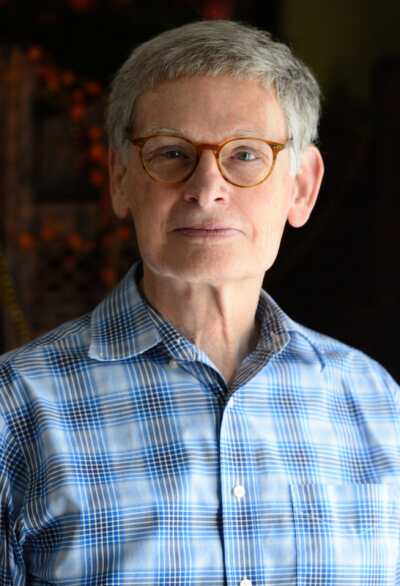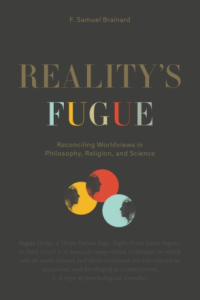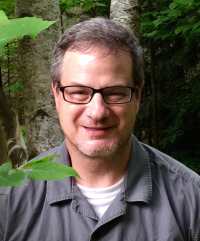Podcast: Science and Religion Can Join Like Voices in a Fugue, Says Author
A number of years ago, I wrote an article for Salon.com about how some people saw similarities between nanotech and Kabbalah. The headline was: “Nanotech angels: Kabbalah and nanotechnology share unexpected common ground: They are testament to the incomprehensible infinite.”

IndieVoices: Science and Religion
The result was that it made nobody happy.
Scientists, especially, trashed me in the comments. If I had it to do over, I’d probably write it differently. Less … New Agey … but I still think there’s something there in that both science and religion, at their most fundamental level, could find common ground.
And, fortunately, I’m not the only one who thinks so. Samuel Brainard, an independent scholar of Asian and Western religion and philosophy, has a book coming out from Penn State University Press called Reality’s Fugue: Reconciling Worldviews in Philosophy, Religion, and Science. Sounds like he might be just as crazy as I am, taking a chance at trying to reconcile these things, so I had to talk him.
Listen to the entire interview here, or read some of the highlights below.
Interview Highlights
On where science and religion part ways.

Samuel Brainard: 'The area between philosophy and science is a fuzzy one, and it's under great dispute.'

I treat religions as philosophy in practice. So, indeed to the extent that religion is philosophy in practice and science is also interested in truth, they are indeed both quests for truth. However, they differ in their focus, their interests. Science has limitations. For example, it can’t explain its own underlying principles. For that, we turn to philosophy.
On the limitations of science.
Science seeks to sift through the data of experience to find what it universal and it uses logic to do this. But we don’t know what it is that makes something a universal. Why should a photon, in our area here on Earth, behave in the same way as a photon in another galaxy? And why should there be rules that stay the same over time? … Science doesn’t really deal with those questions. The area between philosophy and science is a fuzzy one, and it’s under great dispute.
On the meaning of “reality’s fugue.”
One of the main themes of this book is that there’s a paradox, a mystery that lies at the heart of the reality that we live in, at the nature of reality. It obstructs our efforts to understand reality and gives us different views of reality that are equally valid. And these differing views can be thought of relating to each other like voices in a fugue.
You can also subscribe to all our IndieVoices podcast episodes on iTunes and Soundcloud.

Howard Lovy is executive editor at Foreword Reviews. You can follow him on Twitter @Howard_Lovy
Howard Lovy
